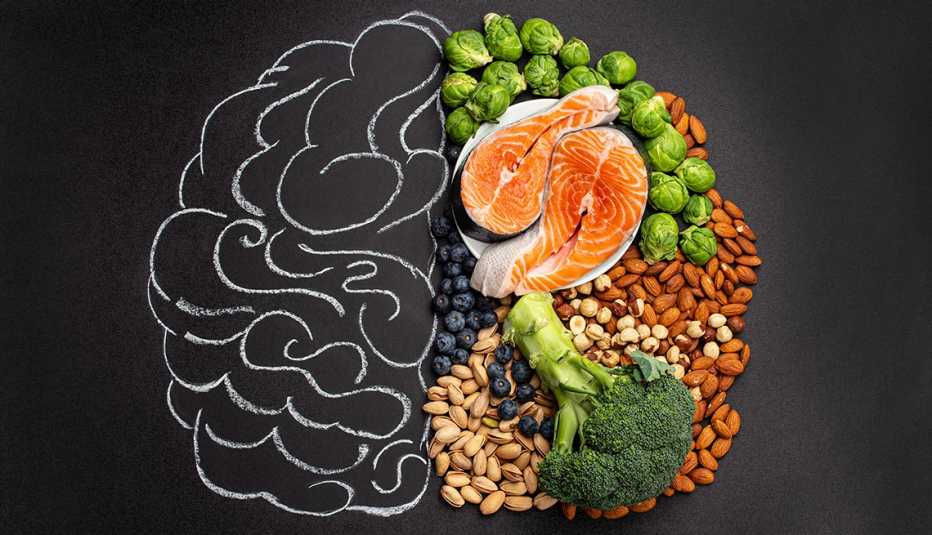When we think about mental health, we often focus on therapy, medication, and self-care routines like exercise and mindfulness. But one of the most overlooked aspects of mental well-being is nutrition. The food we consume fuels not just our bodies but also our brains, impacting mood, focus, and overall mental health.
The Gut-Brain Connection
The gut is often referred to as the “second brain” because of its direct connection to our central nervous system. The gut microbiome—the trillions of bacteria that reside in our digestive system—produces neurotransmitters like serotonin and dopamine, which are crucial for regulating mood. In fact, nearly 90% of serotonin, the “feel-good” chemical, is produced in the gut.
A healthy gut supports better mood stability, cognitive function, and emotional resilience. Consuming fermented foods like yogurt, kimchi, sauerkraut, miso, and kefir helps introduce beneficial bacteria that strengthen the gut-brain connection. Prebiotic foods, such as garlic, onions, and asparagus, also feed the good bacteria, further enhancing gut health.
Targeted Nutrition for Mental Health Conditions
Different mental health conditions have unique nutritional needs. Here’s how specific nutrients can support brain function for certain concerns:
- ADHD and Protein Intake – People with ADHD often have lower dopamine levels, affecting focus and impulse control. Increasing lean protein intake (chicken, fish, eggs, lentils, and nuts) helps boost dopamine production, improving attention and reducing hyperactivity.
- Anxiety and Magnesium – Magnesium plays a crucial role in calming the nervous system and reducing stress. Foods high in magnesium, such as almonds, spinach, avocados, and dark chocolate, can help ease anxiety symptoms.
- Depression and Omega-3 Fatty Acids – Omega-3s are essential for brain function and have been shown to reduce symptoms of depression. Fatty fish like salmon, mackerel, and sardines are excellent sources.
- Insomnia and Tryptophan – Tryptophan is an amino acid that helps the body produce serotonin and melatonin, aiding sleep. Turkey, dairy, bananas, and pumpkin seeds are great sources to incorporate into your diet.
Creating a Balanced Diet for Mental Well-Being
Improving your diet doesn’t mean you have to overhaul everything overnight. Small, targeted changes can have a profound impact on your mental health. Try these tips:
- Start your day with a high-protein breakfast to stabilize blood sugar and enhance focus.
- Incorporate fermented foods to improve gut health and neurotransmitter production.
- Add omega-3-rich foods to your meals to support brain function.
- Stay hydrated, as dehydration can contribute to fatigue and brain fog.
- Experiment with magnesium-rich foods to naturally reduce stress and anxiety.
Final Thoughts
The connection between nutrition and mental health is undeniable. By making mindful choices about what you eat, you can support brain function, reduce stress, and improve emotional well-being. At Fourth Wall Wellness, we encourage a holistic approach to mental health, and that includes paying attention to nutrition. If you’re unsure where to start, our providers are happy to discuss how diet can complement your mental health journey. Remember, small changes in your nutrition can lead to big improvements in how you feel every day.



